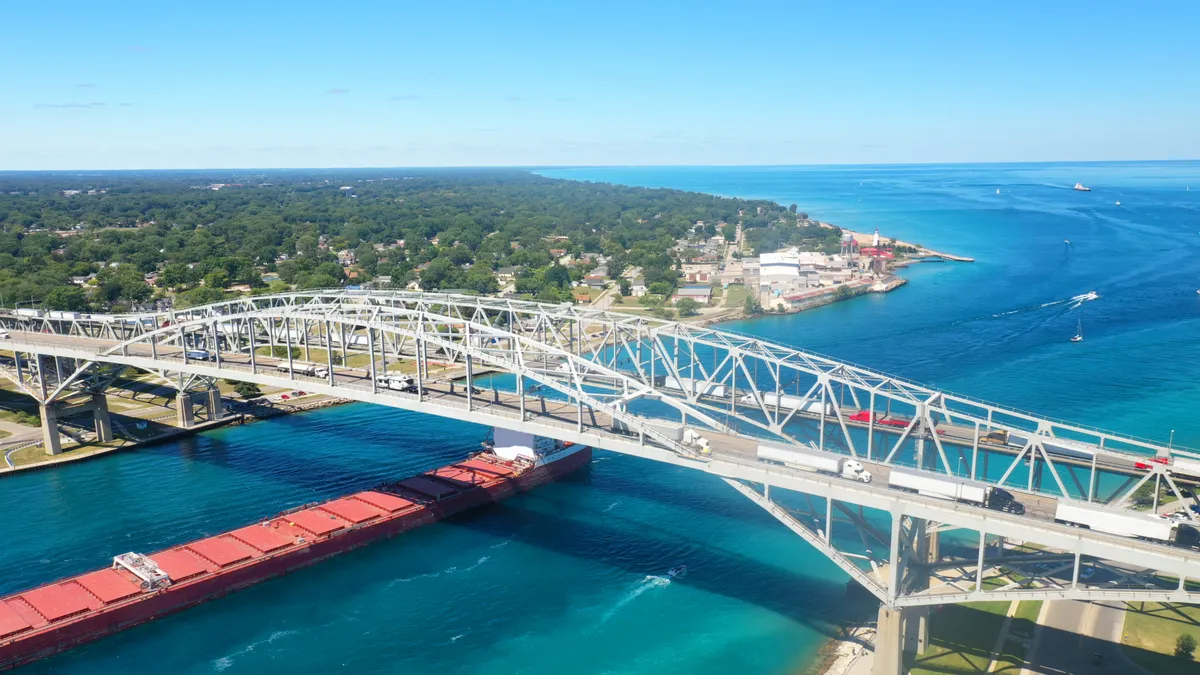Canadian border agents will have between June 20 and July 4 to vote on a new four-year labor agreement with the government of Canada, the Public Service Alliance of Canada and Customs and Immigration Union announced Friday.
Results are expected to be released shortly after voting closes at noon EDT on July 4, according to the union. The negotiating committee for the union recommended members ratify the deal.
Last week, the union and the Treasury Board of Canada Secretariat, which negotiated the deal on behalf of the government, reached a tentative agreement following nine days of exhaustive negotiations. The more than 9,000 represented members of the Canada Border Services Agency had been working without a contract for two years.
The tentative labor agreement averted a strike from the union that was set to begin at 12:01 a.m. EDT on June 7. Such a strike could have led to traffic back-ups at more than two dozen border crossings and longer processing times for freight being shipped between the U.S. and Canada.
The negotiated agreement, which covers the period between June 2022 to June 2026, includes a compounded wage increase of 15.73% as well as provisions for shift scheduling and leave time.
According to the contract, workers would receive an additional 1.25% on top of the 3.5% raises provided in 2022. Represented members also would receive an additional 2.8% raise that would be added to 3% raises given in 2023.
Represented workers were scheduled to receive 2% raises in 2024, but the new labor deal adds 0.25%, while 2% raises are proposed for 2025. Border agents and others represented staff also will receive a one-time $2,500 lump sum payment if the deal is ratified and signed.
In a separate action on Thursday, the Canadian government announced legislation will be introduced this fall that would extend early retirement eligibility to front line government workers, including border service officers. Should the measure pass, front line government workers would be eligible to retire after 25 years of service without a pension reduction.
Currently, eligible participants must be at least 60 years old with a minimum of two years of pensionable service or 55 years old with at least 30 years of pensionable service, according to the Canadian government.













